AI cheerleader Amazon has never understood what physical retail stores are about and never will
Bricks and mortar continues to dominate the retail world, but e-commerce will ultimately triumph, and AI will play a key role in its rise to the top, Amazon boss Andy Jassy told analysts on a earnings call last week.
“I still think if you look at the worldwide market segment share of retail, still 80% to 85% of it lives in physical stores,” he said. “That equation is going to flip over time. And I think AI is going to only accelerate that.”
To quote Mandy Rice-Davies, the British model and showgirl best known for her association with Christine Keeler and her role in the Profumo affair during the 1960s: "Well, he would say that, wouldn't he?"
AI tools are undoubtedly reshaping the omnichannel game, from personalising customer experiences to optimising inventory, uncovering insights into consumer behaviour, and enhancing the human element of retailers' businesses.
At the same time, however, these post-Covid times have shown that people still enjoy and value physical stores. High streets are more than shopping hubs - they bring people together in a way that e-commerce and indeed few other spaces can.
And they are evolving - they are now not just where you buy things, but rather a place to connect and build relationships with shoppers in ways online shopping can’t replicate.
And we would argue that the use of AI technologies will help in taking this to the next level, improving in-store customer and employee experiences.
Physical flops
Dare we suggest that the real reason Jassy is so keen to predict the decline of bricks and mortar retail is because his company has a woeful track record in this space.
Truth be told, Amazon has thrown huge sums of money at physical stores and achieved very little.
It stumped up $13.7 billion for Whole Foods in 2017 and has found little success in the grocery business. Another example of this is Amazon binning its ambitious Amazon Fresh experiment in the UK, just four years after the US online giant launched its first grocery store in London.
It is set to shutter its 19 Fresh stores, with plans to convert five of these into Whole Foods Market locations.
The first one opened in the UK during 2021 in Ealing, west London, powered by Just Walk Out technology. Expect to see hundreds of these locations springing up, we were told. Alas, it was not to be.
This is the entirely predictable result of throwing huge amounts of cash at technology to sell groceries, Ged Futter, Director at the retail mind, a grocery retail consultancy practice, argues.
“Unlimited funds, unlimited access to technology added to a desire to bring innovation to an industry have all resulted in a retreat. This is not a retreat before Amazon come back with another offer, this is a full on retreat from bricks and mortar. Why? Because it's not what they do or understand," he says.
Just Walk Out technology was never going to be rolled out nationally, not by Amazon or by any of the other retailers who have given it a go, Futter argues. In a nutshell, it's too expensive.
He adds: “Four years and 19 stores, hardly a sign that Amazon truly believed in the concept. During the same time period, Aldi have opened over 100 new stores and recently announced plans to open a further 80.”
“It's interesting that Amazon believe that they are relevant in the grocery market. They have said that their grocery business is outpacing the rest of their UK business. They are focusing on their third party grocery partners Morrisons, Co-op and Iceland. All three of whom are currently bringing up the rear with regards to market performance.”
Futter concludes: “I know that I am a Luddite and a devotee of bricks and mortar but that is because I don't believe that there are enough reasons for shoppers to move further online when it comes to food shopping. The move is all about convenience, it's not about online.”
Amazon, he believes, will now be an online only grocery retailer just like fellow disruptor Ocado.
“How much have Amazon and Ocado spent on technology to sell groceries in the past 20 years? However much they've spent it's been money down the drain. Ocado's partners continue to leave them and Amazon have closed their physical stores. Sometimes just because you can doesn't mean you should. Long live bricks and mortar, it's the future for grocery retailing!”
AI
Amazon might not be built for or understand physical retail, but it does get AI, and will no doubt win numerous plaudits when adopting it across the e-commerce part of its business over the coming years.
By way of example, it recently unveiled new smart glasses designed to assist drivers in navigating their routes and completing deliveries.
The AI powered technology provides hands free navigation, package scanning, and hazard detection directly in drivers’ field of view, eliminating the need to look down at their smartphones while making deliveries.
The glasses feature computer vision technology that guides drivers from their vehicles to customers’ doorsteps with turn by turn walking navigation.
Jassy said last week that his company's strong growth is due to AI driving “meaningful improvements in every corner of our business”. It estimates it will invest $100 billion in capital in this area during 2025, and possibly more than $100 billion in 2026.
A brave new world, indeed. And one in which physical stores will continue to thrive and dominate the retail landscape, even while big hitters like Jassy bet big against it.
RTIH AI in Retail Awards
RTIH proudly presents the first edition of its AI in Retail Awards, sponsored by 3D Cloud and EdTech Innovation Hub.
This is now open for entries. Deadline for submissions is Friday, 5th December. It’s free to enter and you can do so across multiple categories.
Check out categories and entry forms here.
As we witness a digital transformation revolution across all channels, AI tools are reshaping the omnichannel game, from personalising customer experiences to optimising inventory, uncovering insights into consumer behaviour, and enhancing the human element of retailers' businesses.
With 2025 set to be the year when AI and especially gen AI shake off the ‘heavily hyped’ tag and become embedded in retail business processes, our newly launched awards celebrate global technology innovation in a fast moving omnichannel world and the resulting benefits for retailers, shoppers and employees.
Our 2025 winners will be those companies who not only recognise the potential of AI, but also make it usable in everyday work - resulting in more efficiency and innovation in all areas.
Winners will be announced at an evening event at The Barbican in Central London on Thursday, 29th January. This will kick off with a drinks reception in the stunning Conservatory, followed by a three course meal, and awards ceremony in the Garden Room.


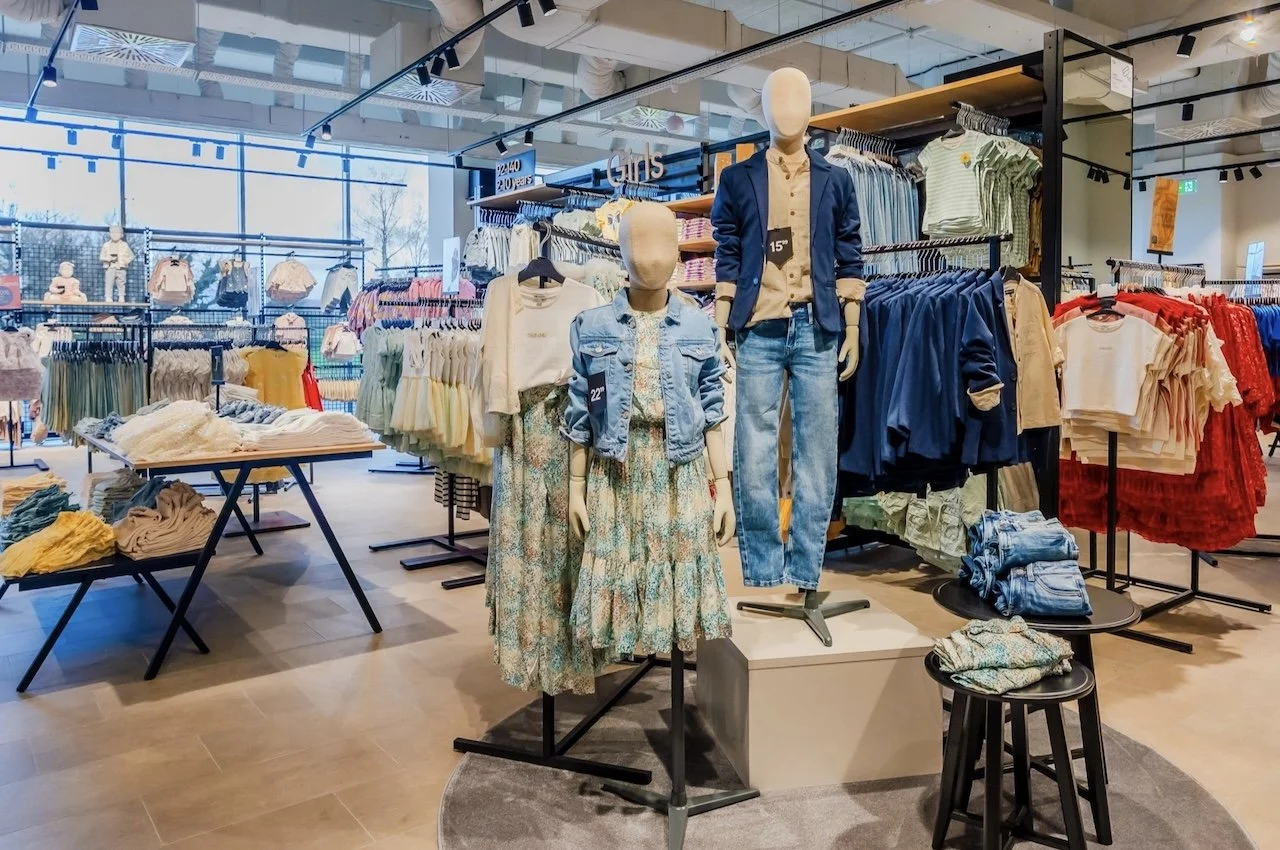

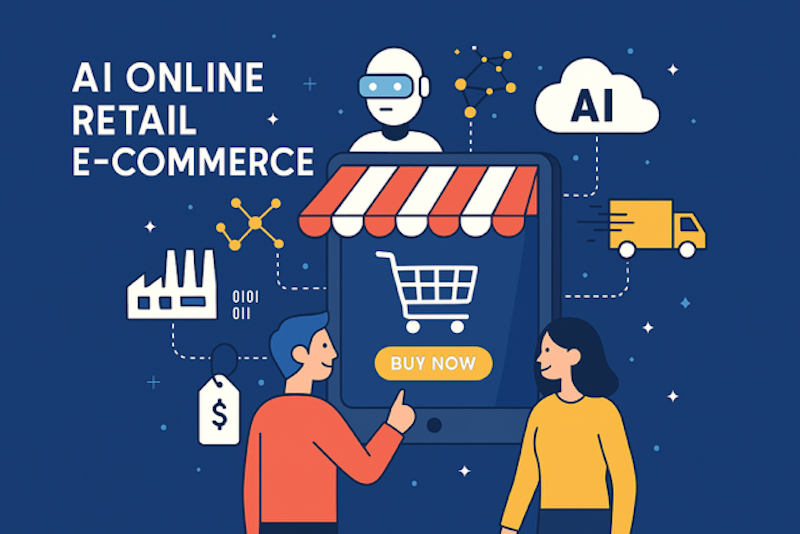
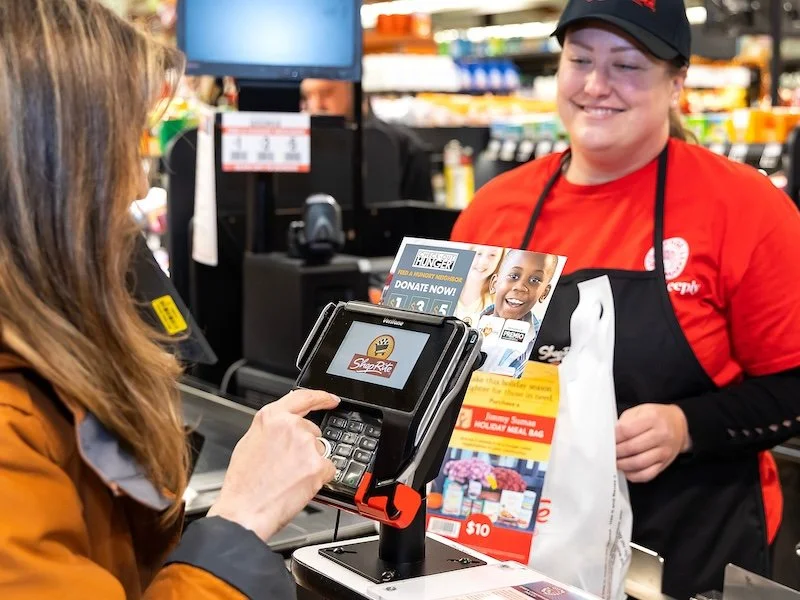
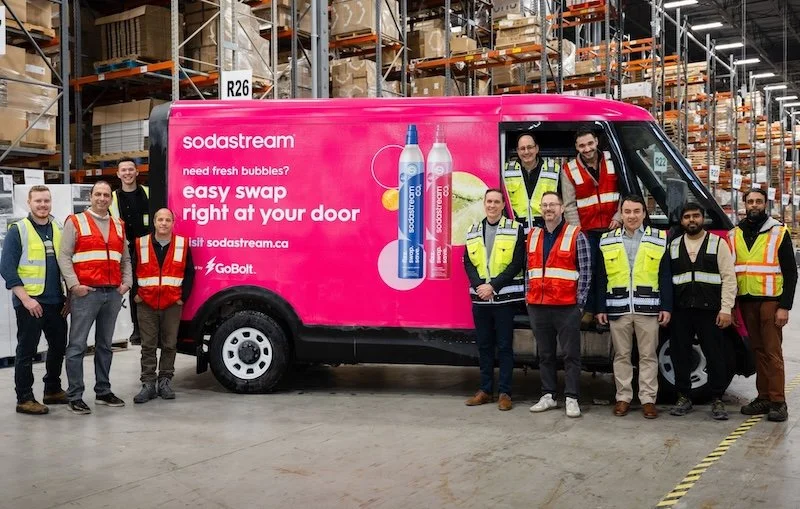

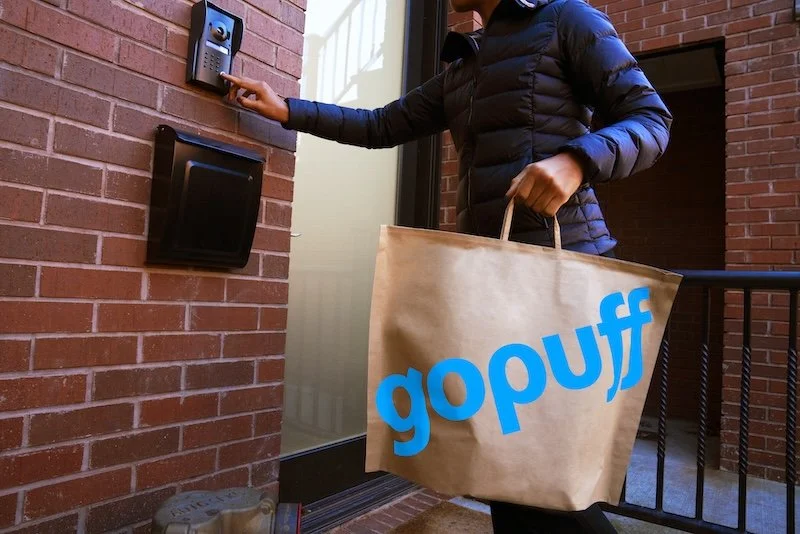
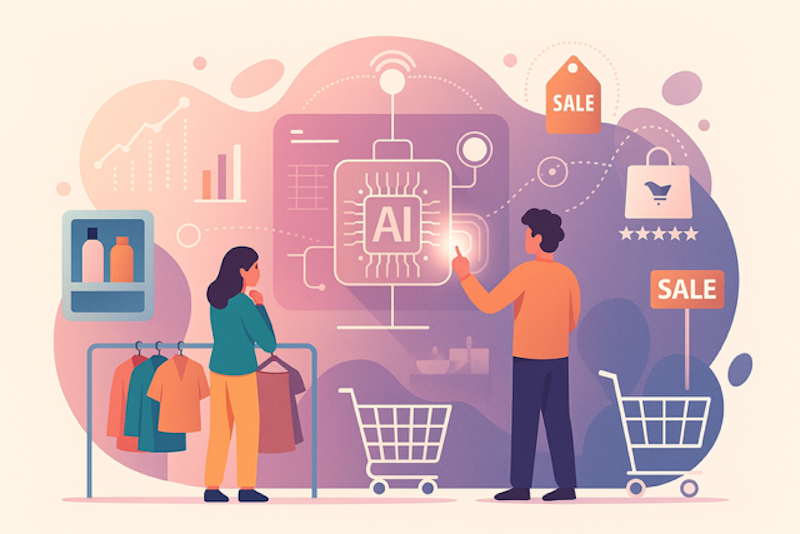
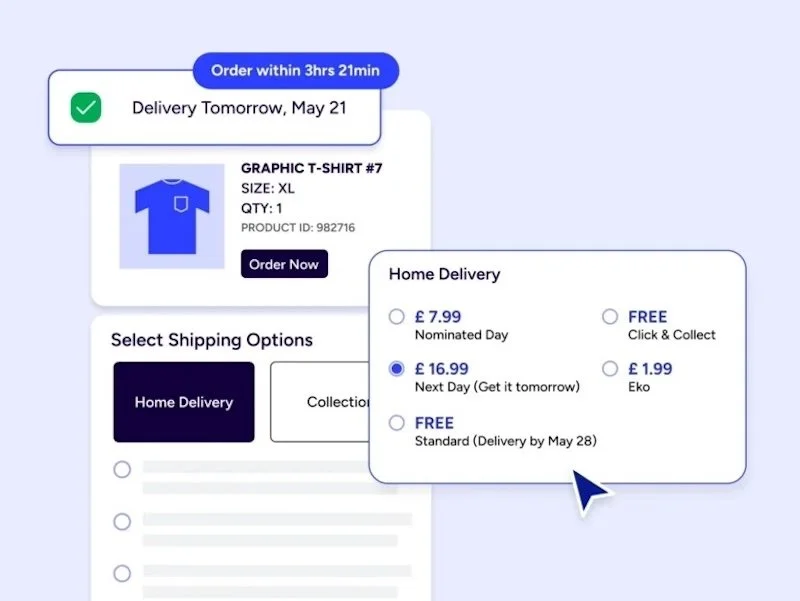
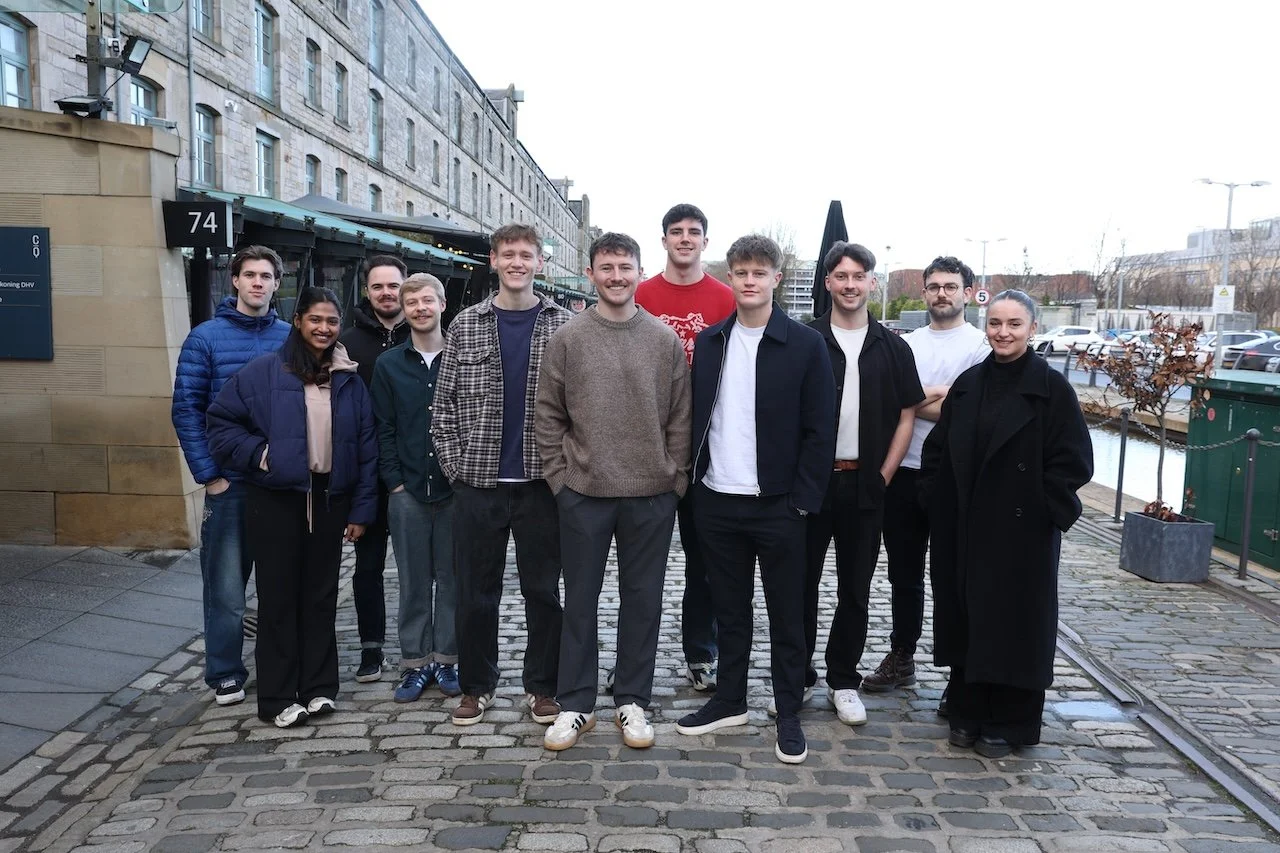



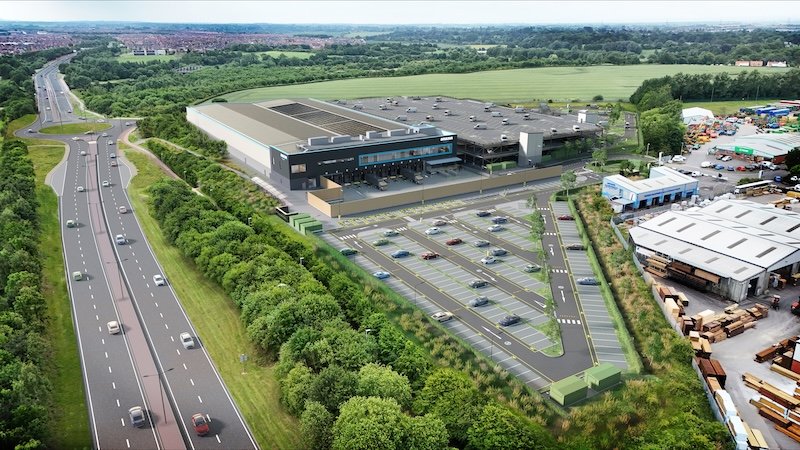

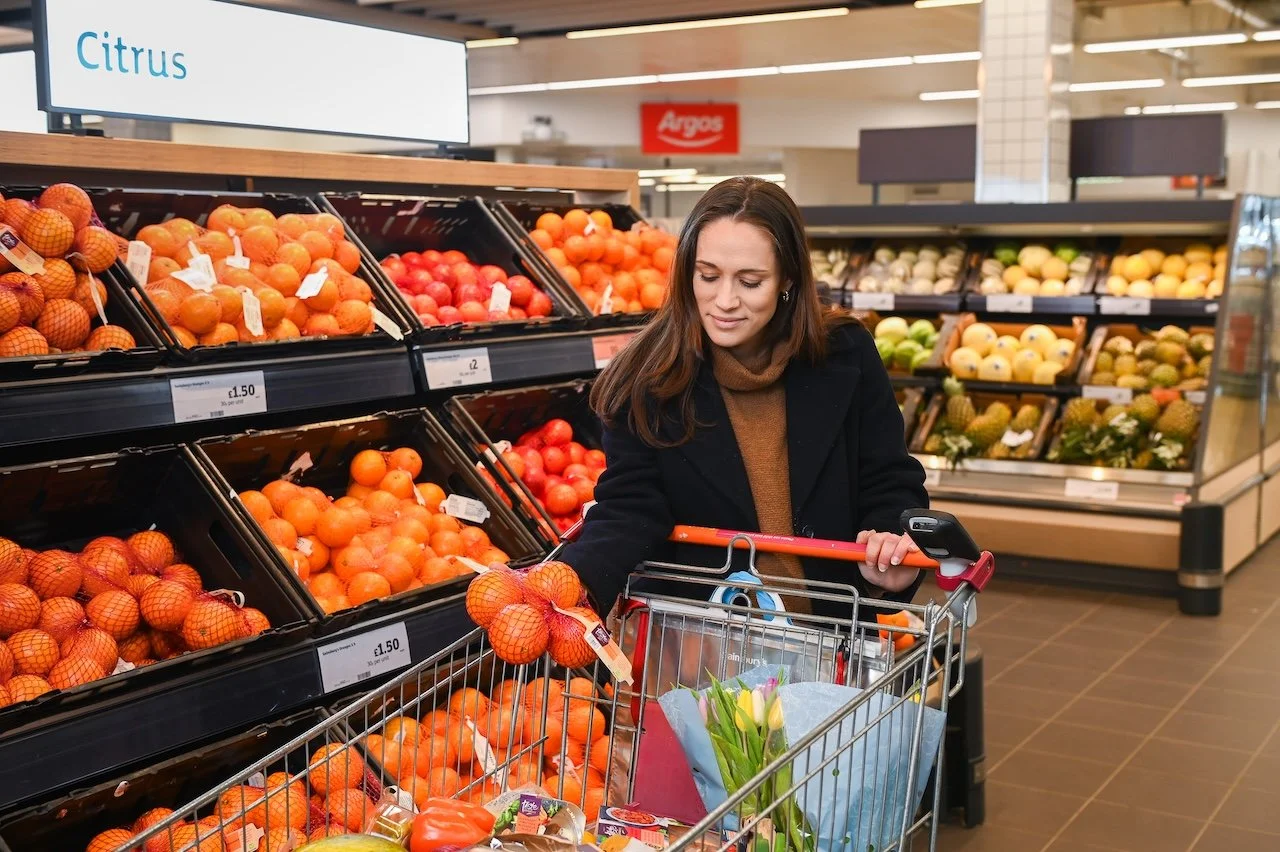
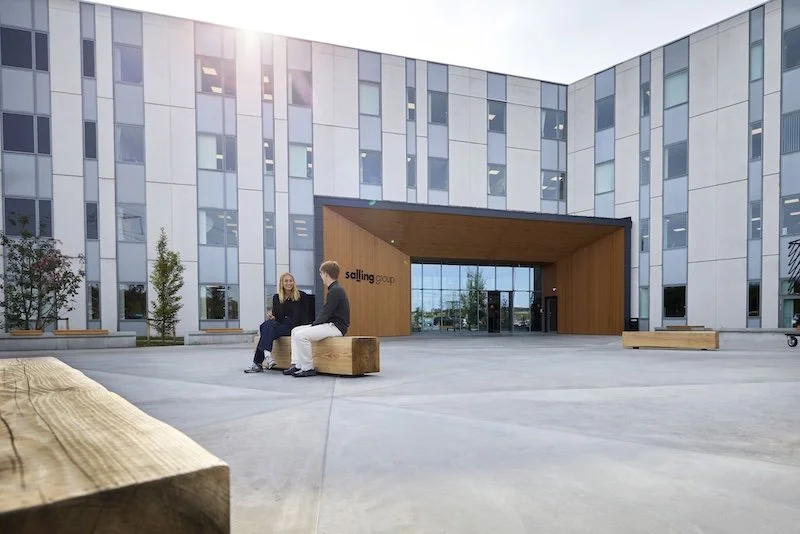
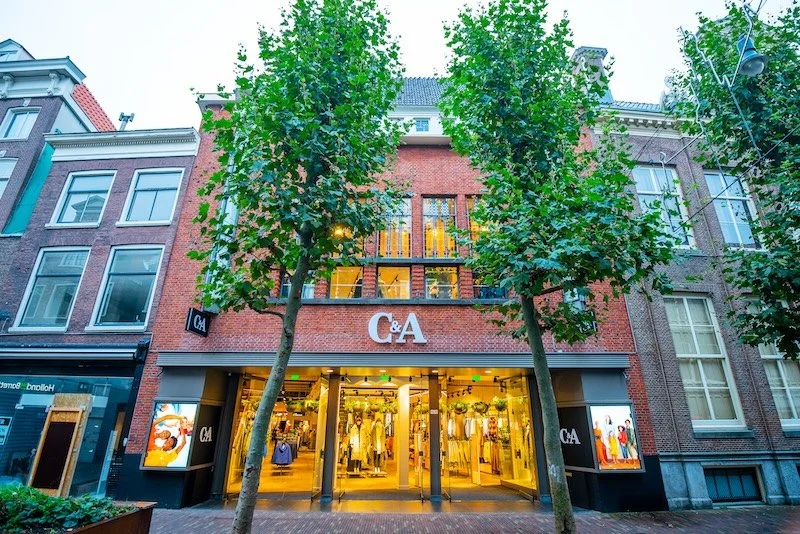

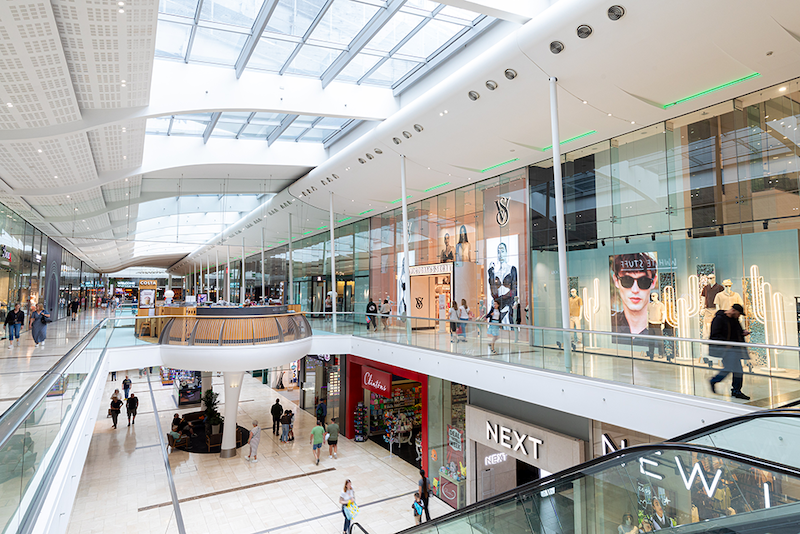

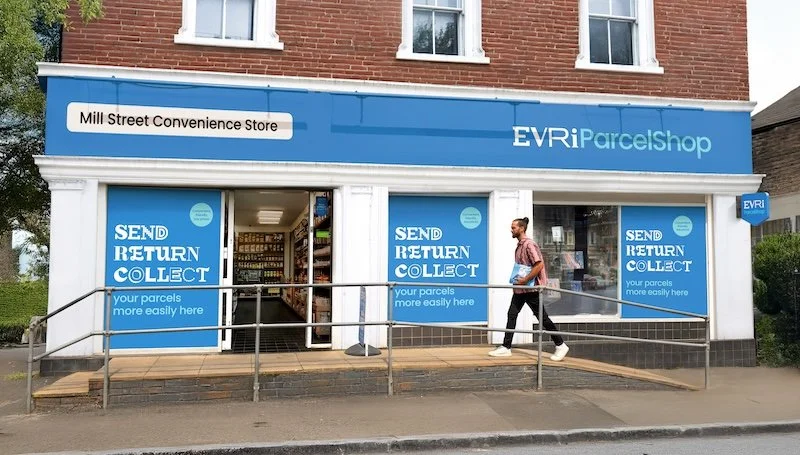
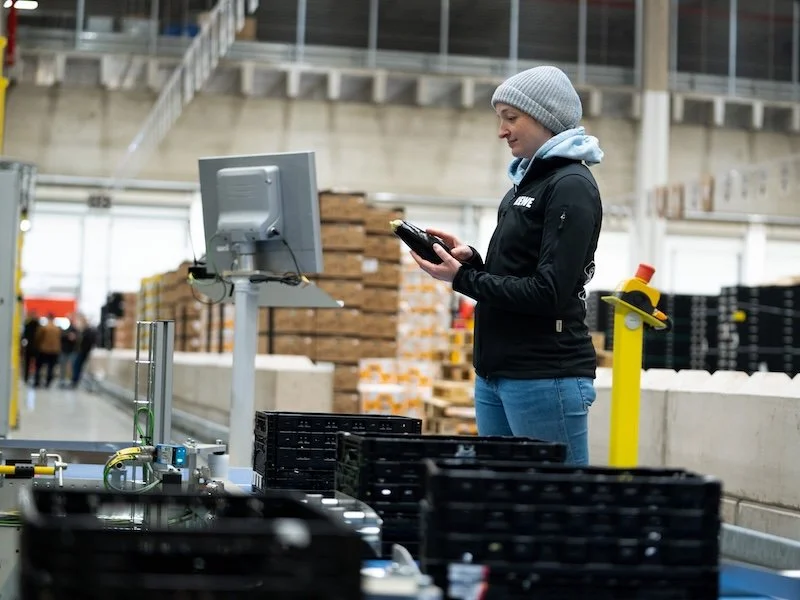





Continue reading…